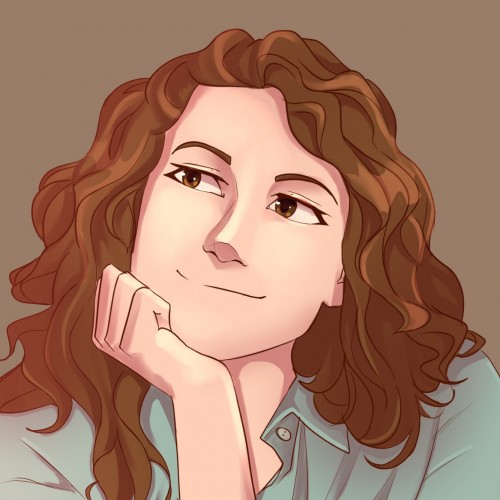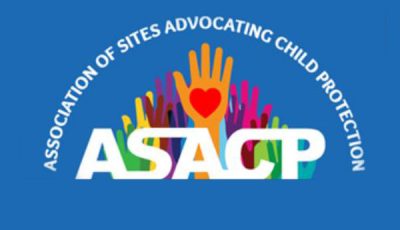Online Harassment of Adult Performers is a Scourge
 Online harassment in the adult community is rampant, but unlike other professions that deal with the issue, it’s widely accepted by the public. Though it’s ethically wrong, many seem to think it’s just part of the job. Performers are reticent to speak up; what’s the point? The industry itself shrugs its shoulders considering it just one more part of the business.
Online harassment in the adult community is rampant, but unlike other professions that deal with the issue, it’s widely accepted by the public. Though it’s ethically wrong, many seem to think it’s just part of the job. Performers are reticent to speak up; what’s the point? The industry itself shrugs its shoulders considering it just one more part of the business.
As recently reported on by the Daily Beast, one adult publicist even told a client who complained to them about her abuse: “Get used to it and deal with it.” But why? Why is it okay that harassment in the adult industry is accepted?
This is the question Leya Tanit, a former British adult performer asked herself after years of putting up with cyberbullies, watching porn stars end up dead over mental issues, and standing by as depression filtered into the lives of colleagues of hers who chose pornography as their career. Tired of no one speaking out against the harassment and sick of people saying it comes with the territory of being a sex worker, she launched Pineapple Support to help her contemporaries deal with the very real mental issues that come with being in a business where their emotions are marginalized.
“I felt like if I didn’t do this, no one else would,” Tanit told the Daily Beast. “I felt like it had to be done and it had to be done immediately.”
“It’s generally other people’s shame projected onto us, onto this industry, because they are ashamed of what they are watching, ashamed of what they are feeling, ashamed of what is turning them on, and the way to validate that in themselves is to abuse those who they have direct access to,” Tanit explained.
Those who do the bullying don’t see the performers as real people that have feelings. After all, they’re sex workers; shouldn’t they expect harassment, and sexual harassment in particular? No. That’s a lot like saying a woman who dresses provocatively deserves to be raped.
Sex work is just that – work. A job, not the sum of one’s life and being. And that job should be protected from toxic working conditions just like any other. Actually, it should be more protected than many other jobs, because of its sensitive and intimate nature. As social media is the lynchpin for many performers in monetizing their content, they’ve no choice but to be on the platforms – the same ones that open them up to cyberbullying.
Adult modeling agent and performer Sheelagh Blumberg said she used to take the harassment so personally she’d cry over it, then one day she told herself “This is not worth me breaking down.” August Ames, who performed in over 270 scenes for major porn production houses, committed suicide after being caught in the Twitter crossfire of controversy over a tweet about sleeping with crossover performers. What’s even sadder about this situation is the adult industry drove the harassment. Whether or not one agreed with Ames’ stance, it’s particularly troubling that some of her own peers piled on with the shaming.
Was Blumberg right when she told Daily Beast “I don’t think the industry cares about the girls in this situation. They just think its normal and we should suck it up”?
I don’t think she was. The industry does care. The problem is, the industry itself is a bullying victim, too. A victim of the public being brainwashed for decades by conservative media, government regulators and the puritanical mainstream who suggest to them the abuse and punishment sex workers face is deserved because the job isn’t “moral.”
It’s time to turn that thinking around and break the cycle. Tanit and other sex worker advocates, allies and support organizations should be commended for having the courage to come forth and shine a light on the problem, so that the adult industry can begin to heal, band together, support their own – and demand fair treatment for its workers.












